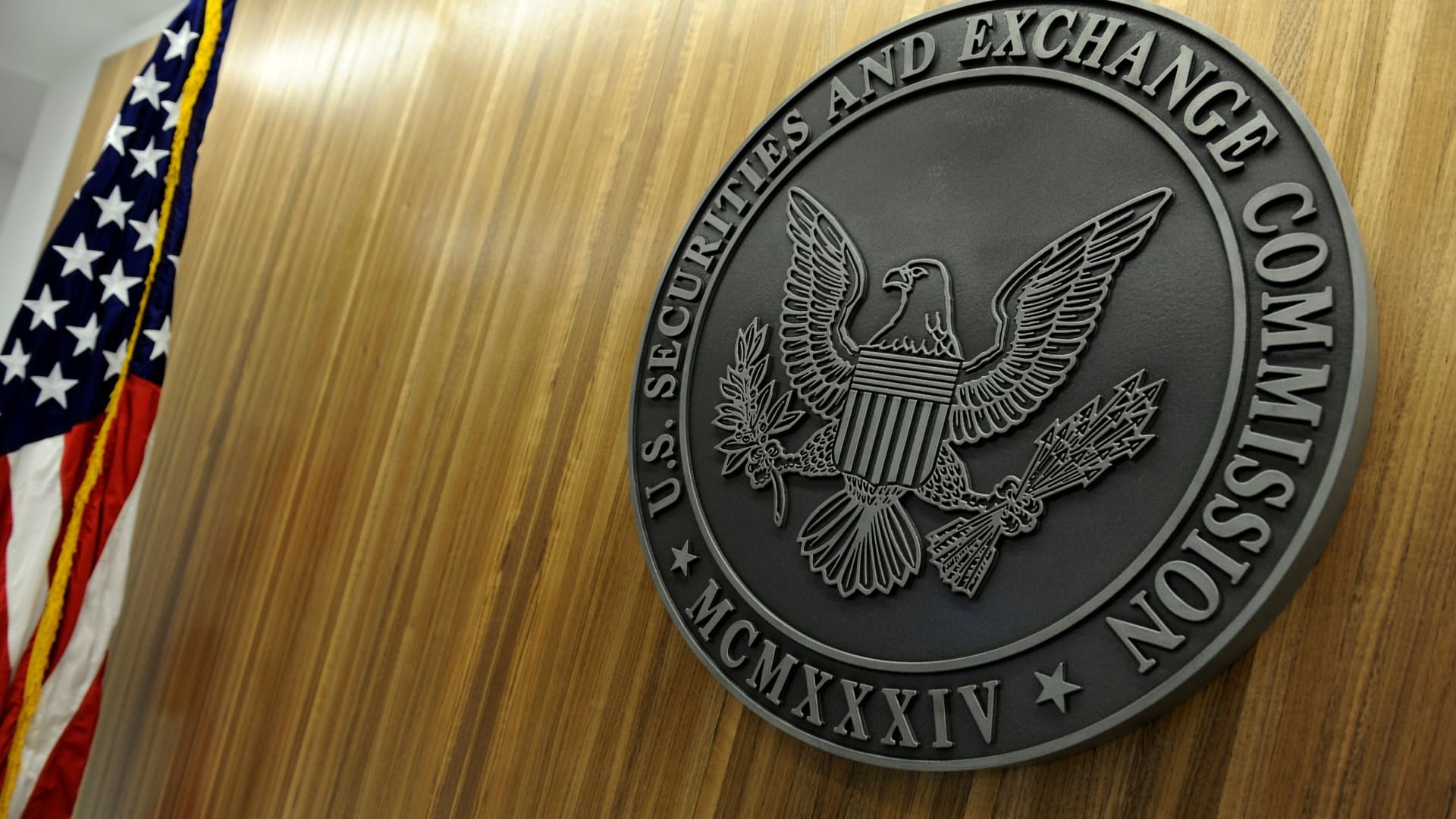Securities traders are gathering in Washington. The big topic: trying to figure out what the Securities and Exchange Commission is doing.
You know it’s bad when one of the session topics is entitled, “A Buy Side Guide to Navigating the SEC.”
I’m in Washington for the annual meeting of the Security Traders Association (STA), the national association of professionals involved in the trading end of the financial services industry. These are broker-dealers and others who execute trades for customers, and all the people providing technology around them. Think of them as the folks who make things happen whenever you press a button to make any kind of trade, whether it is equities, bonds, options, mutual funds or ETFs.
This conference is devoted to market structure, but the scope has widened over the years. More than 800 will be in attendance, and it is a far different group than when I first began attending in the late 1990s.
The trading business is changing
In 1999, the Security Traders Association of New York held its annual conference at the Marriott Marquis in Times Square. There were 4,000 people in attendance, and the band that night was Kool and the Gang.
Things have changed a lot since then. Most of the membership in 1999 were sell-side traders who either worked on trading floors or “upstairs” on trading desks for broker-dealers.
Today, thanks to the proliferation of electronic trading, that group is much smaller. In their place is a more diverse group. Options trading has exploded, as has the ETF business, as has the online brokerage community. Data providers, exchanges and clearinghouses are far more prominent, as well as firms that provide trading services like algorithms. There’s even a smattering of buyside firms (hedge funds).
Hot topics: Aggressive SEC agenda, AI, market structure and crypto
As always, the SEC is at the center of discussions. There’s always a bit of tension between the broker-dealer community and the SEC, but this is a very contentious time, especially since SEC Chair Gary Gensler has been busy with nearly 50 proposed and finalized rules that are greatly affecting the financial services industry.
Some of the hot topics:
1) Predictive Data Analytics and Artificial Intelligence (AI). The SEC is suspicious that investment advisors are using AI to monitor their clients trading habits and using that information to encourage them to trade even more, or direct or manipulate their trading activities. Putting your own interest ahead of your client is a conflict of interest and the SEC is proposing rules to address that. The industry, of course, thinks this is more regulatory overkill, particularly since it would require firms to file voluminous reports.
2) Market structure proposals. Gensler has been critical of payment for order flow (PFOF), whereby some retail brokers (including Schwab, ETrade and Robinhood) route orders to electronic market makers known as wholesalers (including Citadel and Virtu), who pay the brokers for access to that order flow. These wholesalers may send the orders to exchanges, but often match the orders against their own internal order flow. Gensler says he wants to increase competition between exchanges and broker-dealers by creating an auction process. The industry believes that’s unnecessary, that there is plenty of competition and that the firms involved already offer competitive pricing.
3) Crypto. At the conference one year ago, the general feeling was that by this time the U.S. would have a stablecoin and a spot bitcoin ETF.
So far, we are 0-2.
Gensler will soon be forced to decide whether to approve a spot bitcoin ETF or engage in further litigation. Gensler is not at the conference, but Commissioner Hester Peirce, a Republican, will be interviewed by Jonathan Kellner, the CEO of MEMX. Peirce has been a vocal supporter of crypto and very critical of the Democratic majority’s stance towards crypto.
Although Gensler is absent, NYSE General Counsel Hope Jarkowski will be speaking with CFTC Chairman Rostin Behnam, who will likely also address the jurisdictional questions between the SEC and CFTC on crypto.
Dan Gallagher, Chief Legal, Compliance and Corporate Affairs Officer for Robinhood will be interviewed by Matt Andresen, the co-founder and CEO of Headlands Technology. Gallagher, a former SEC commissioner himself, has also been critical of the SEC’s stance toward crypto and how the SEC is going about its rulemaking. Gallagher will also likely weigh in on payment for order flow as well.
STA chief is going into politics
One interesting wrinkle: longtime STA CEO Jim Toes recently announced he was running for Congress in Long Island as a Republican in an effort to unseat Representative George Santos, who is fighting federal fraud charges (additional charges were filed yesterday).
Toes told me he was running because he was unhappy with the congressional leadership: ”80% of the reason I am running is because I am concerned about the direction of the country, and the division that exists in our society,” he said, describing himself as “a hardcore moderate with unbending principles.”
The other 20% of the reason for running is because of Santos, whom he described as “a fabulist and a liar.”
Toes acknowledged that he was bucking a longtime trend.
“Usually you go into politics, then you leave politics and go into a trade association,” he told me with a laugh. “I’m doing everything backwards, I’m leaving a trade group and going into politics, but sometimes you gotta step up.”
